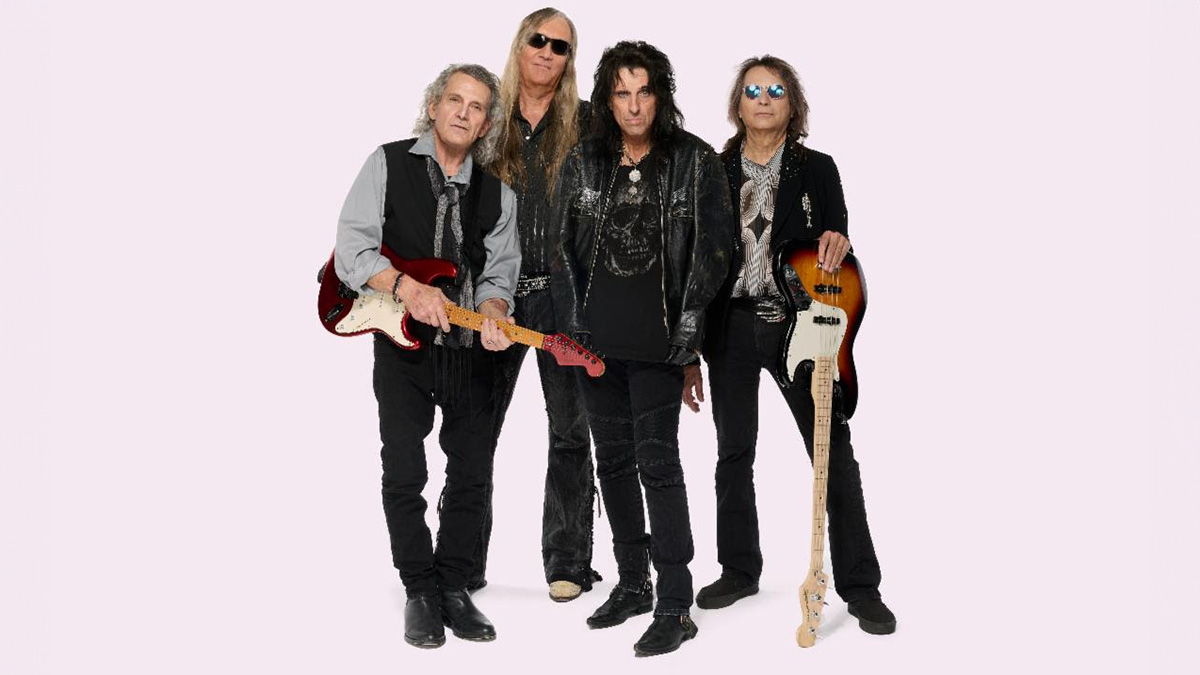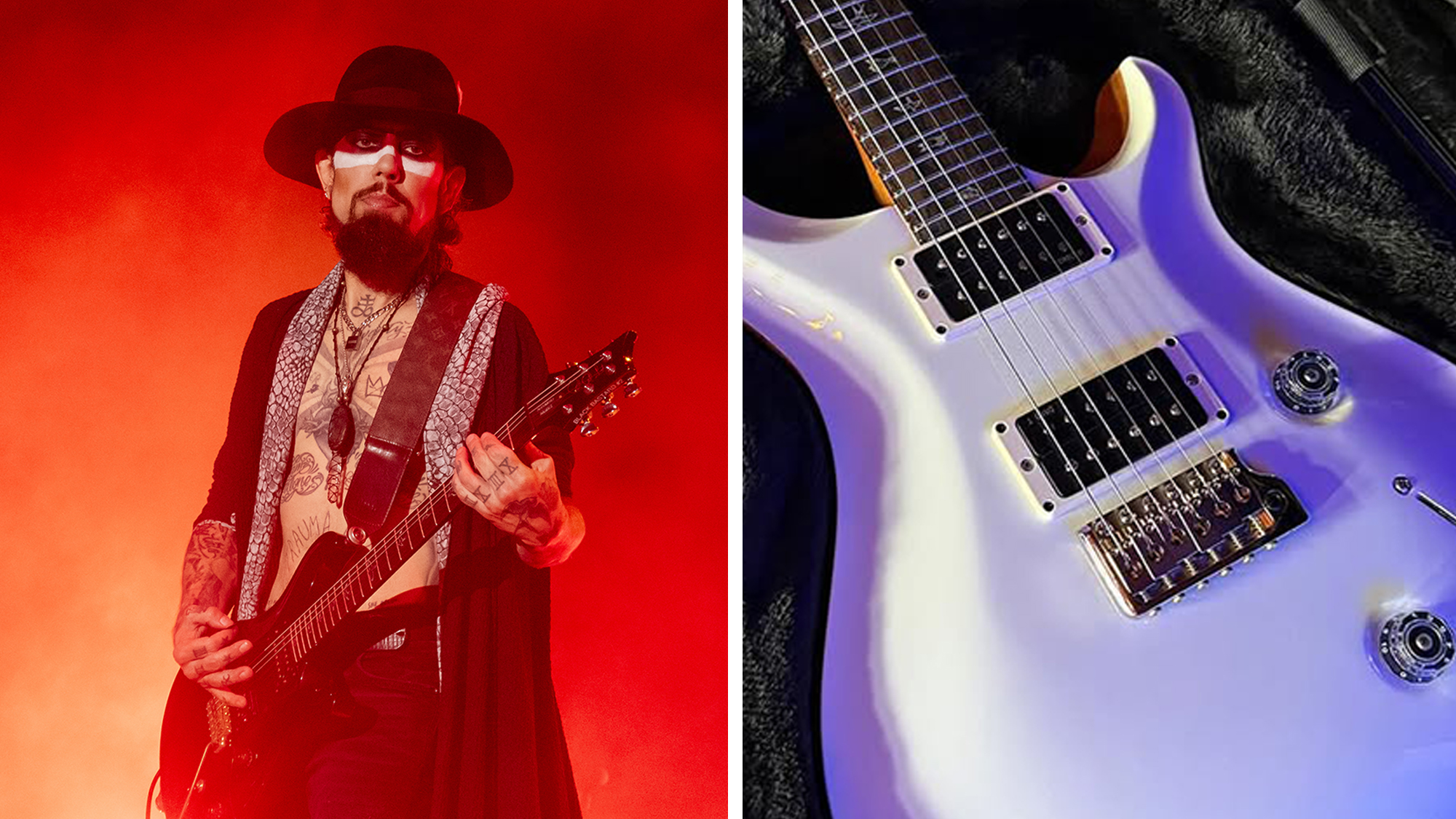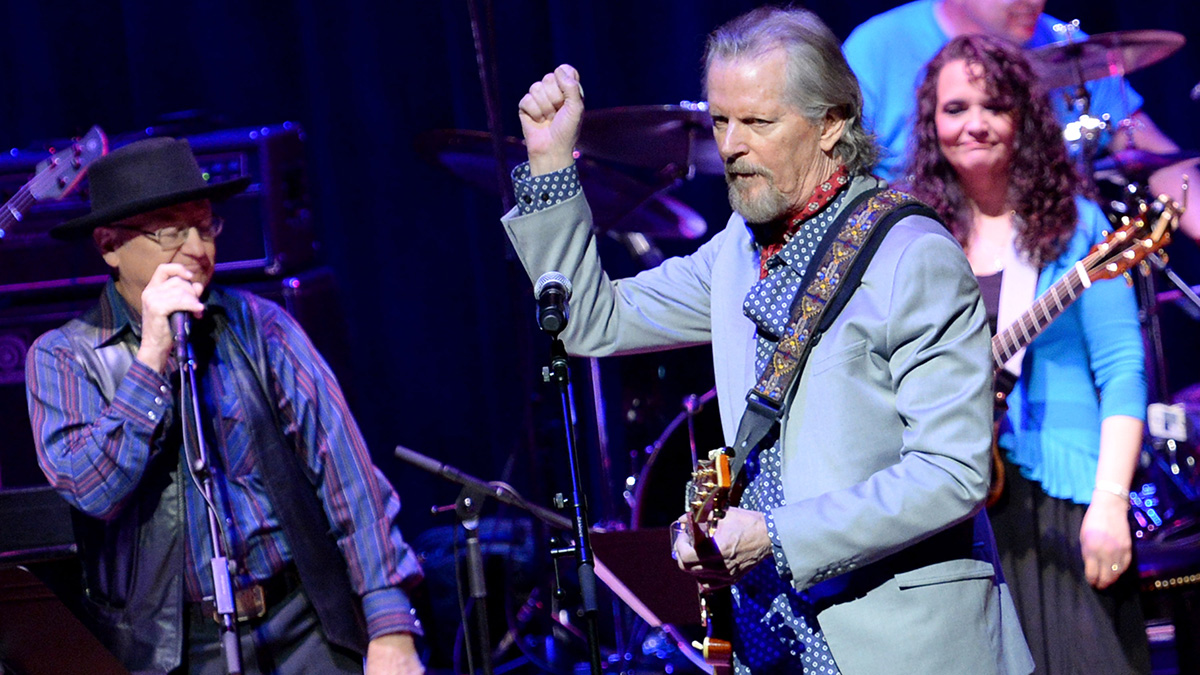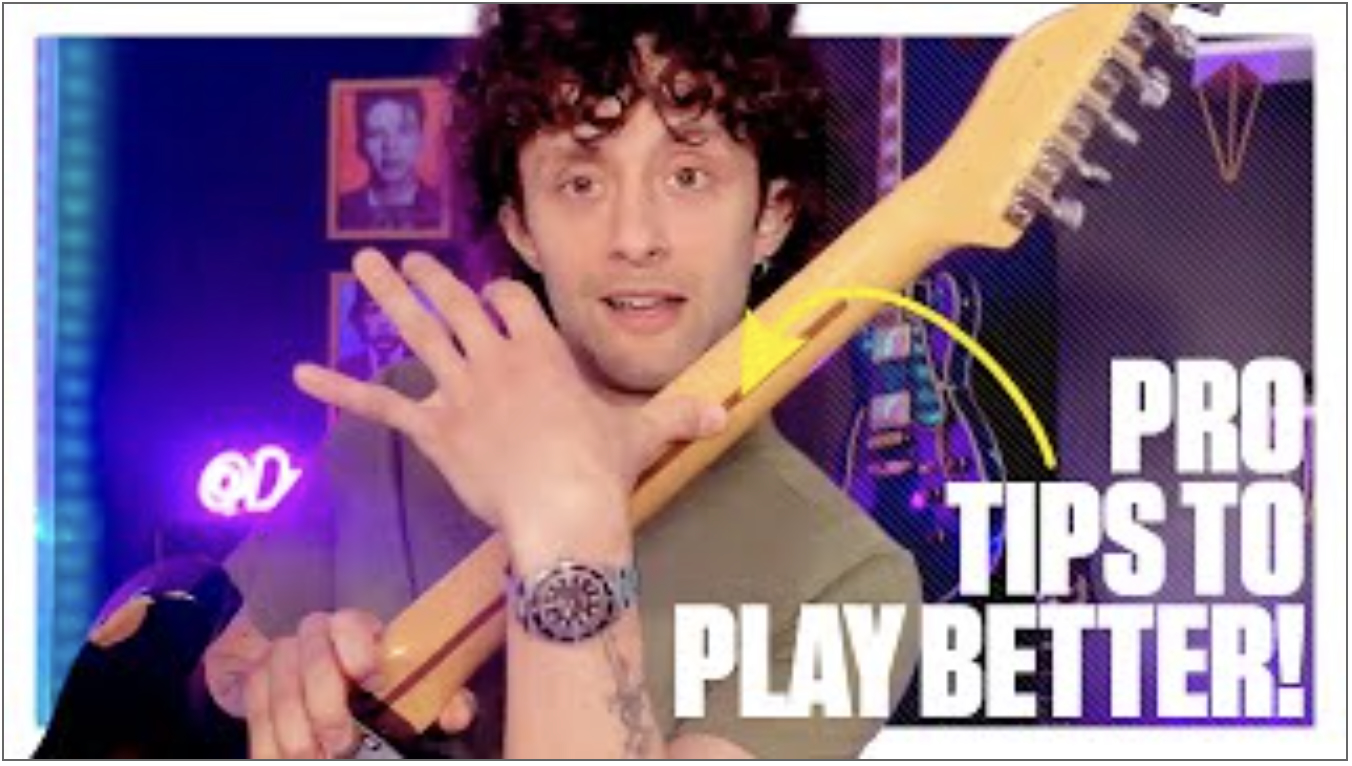Yngwie Malmsteen reveals the origins of his love for the Fender Stratocaster – and why he chose it over a Gibson Les Paul

Some players are synonymous with one type of electric guitar. Slash with the Gibson Les Paul, Eric Clapton with the Fender Stratocaster and Eddie Van Halen with his Frankenstein are just a few examples.
Yngwie Malmsteen is an equally strong case study, having developed a reputation as one of the fiercest and fastest players to ever wield a Stratocaster in recent times – he and Clapton were, after all, the first artists to ever be given a signature Strat.
During a recent appearance on Cory Wong’s Wongnotes podcast, Malmsteen took a trip down memory lane to recall the origins of his affinity for Fender’s flagship double-cut, and discussed why he’s demonstrated unwavering loyalty towards the model for his entire career.
In the process, the Swedish speed demon also revealed the main reason why he opted for the Strat instead of a Gibson Les Paul during his formative years as an up-and-coming player.
Like many of his contemporaries, Malmsteen was faced with two options as an aspiring guitarist: the Fender Stratocaster or Gibson Les Paul.
“When I was a kid, there was no variety,” Malmsteen began. “There was no radio, there was no TV, there was no magazine, nothing. There was one pop music station, but they never played rock.
“I saw Stratocasters and I saw Les Pauls,” he continued. “And my brother had a Les Paul – and I’m like six, seven years old [at the time] – I thought the Les Paul looked like an acoustic guitar. It wasn’t exciting for me, you know?
Get The Pick Newsletter
All the latest guitar news, interviews, lessons, reviews, deals and more, direct to your inbox!
“I had an acoustic – you want an electric guitar that looks like an electric guitar. Of course, I saw Hendrix and Blackmore and everyone else using them, too. It’s become such a natural thing for me.”
For Malmsteen, the simplicity and efficiency of the Strat was key, and to hammer his point home he then – in the most guitar-y way possible – referenced classical great Niccolò Paganini, who used Stradivarius violins.
“[Paganini] didn’t say, ‘I’m going to put a humbucker on this,’ or, ‘I’m going to put a Floyd Rose on this,’” Malmsteen observed. “He said, ‘No, I’m just going to take this one and play the shit out of it.”
Despite initially avoiding Les Pauls due to their aesthetics, Malmsteen has been known to pick one up every now and then. In fact, last April, he turned a vintage ‘59 Gibson Les Paul into an all-out shred machine, proving beyond all doubt that Yngwie can go full Yngwie on any guitar he dons.
Malmsteen’s loyalty to the Stratocaster was rewarded in 1988 when he was officially named alongside Eric Clapton as the first artist to get a signature Strat. Later in the interview with Wong, Malmsteen revealed that the first prototype he received from Fender made it onto his 1988 Odyssey record.
Specifically, it was the guitar he used to record the guitar solo on Heaven Tonight.
“Every guitar company came up to me when I was hot,” Malmsteen added. “I said, ‘No. I’d rather buy a Fender than get one for free from you.’ I was very loyal.”

Matt is the GuitarWorld.com News Editor. He has a Masters in the guitar, a degree in history, and has spent the last 16 years playing everything from blues and jazz to indie and pop. When he’s not combining his passion for writing and music during his day job, Matt records for a number of UK-based bands and songwriters as a session musician.
“Such a rare piece”: Dave Navarro has chosen the guitar he’s using to record his first post-Jane’s Addiction material – and it’s a historic build
“The best guitar player I ever heard”: Nashville guitar extraordinaire Mac Gayden – who worked with Bob Dylan, Elvis, Linda Ronstadt and Simon & Garfunkel – dies at 83










